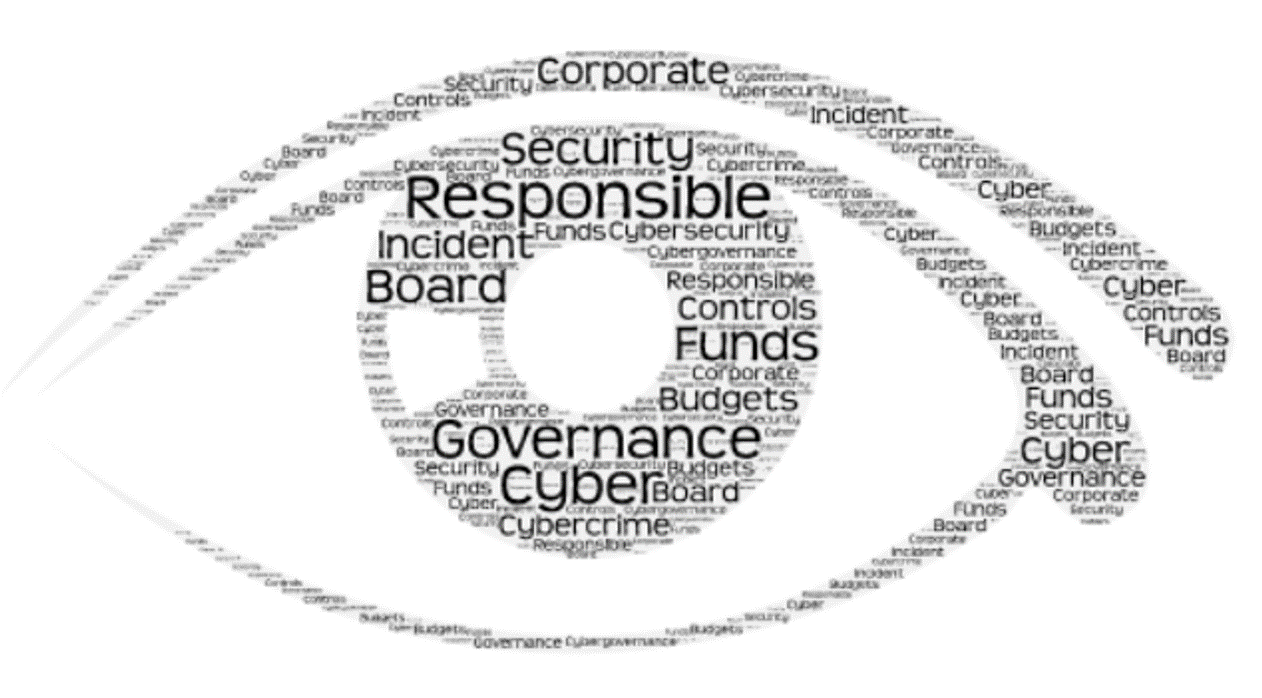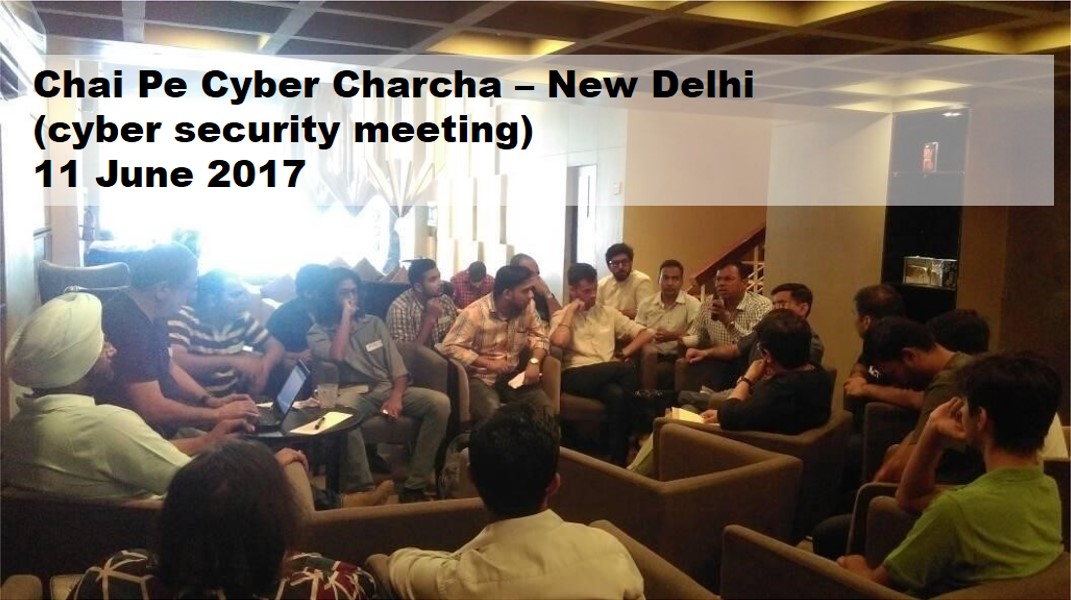Pic courtesy: pixabay.com
The information age and globalisation two intertwined phenomena that symbolises the 21 st century. To students of Infowar that has till date been used to the black and white delineations present in conventional battlefields, the battle zones are ill defined. The present scenario opens up a bewildering array of information that makes it difficult to initially make sense of the whole array of technological possibilities that are happening and continue to develop in the world of ICT. The proliferation of Chinese ICT companies in that sense has a serious national security dimension and is akin to permitting military installations in Indian territory.
In an interdependent world where economics, national security, trade, technology etc all coexist and overlap creating huge shades of grey, how do nations look after their national security interests ? Now the article below gives you an over view of the subtleties at play wherein nuanced policies are enforced to protect national interests while still abiding with WTO regulations. Notice how Chinese companies like Huawei and ZTE are allowed to sell smartphones in the US consumer market and certain equipment in Tier 2 and 3 networks but prevented from selling in the Tier 1 networks.
Huawei and ZTE two Chinese companies with known links to the PLA has been allowed in the Indian market. Is there a national security angle to it ? Without doubt.. How do we address these ? Can these national security angles be taken care by the IT ministry or TRAI with inputs from the industry bodies and the General public ? Who is mandated and responsible for addressing these ?
A decade back I was witness to an interesting incident while serving in the Army. The episode involved purchase of a data wall for a high security operations room. The Col GS(Sys) was distraught as the L1 bidder was an Indian reseller of Chinese products and the Integrated Financial Advisor (IFA) a civilian advisor from the finance ministry was not accepting that just being a Chinese product should be a cause for disqualification. I remember the IFA a Sikh gentleman patiently telling the Colonel an MTech from the Signals that he was not bothered about security or InfoWar issues but was just ensuring the financial regulations of the Government. I was brought there by the Colonel to help make aware the IFA who very politely reiterated that he was helpless as there was no clause in the financial regulations. I am not finally aware what happened to that particular issue but am merely highlighting these to make the average reader understand the challenges of working in the system.
In 2013 I read with interest of a news reportthat brought out Huawei was hacking into a ZTE Base Station Controller (BSC). ‘ What is more startling is the fact that the BSNL even failed to report the matter to police or intelligence sleuths in Andhra Pradesh even after finding out the gravity of the situation. It just reported the matter to Huawei, says an internal communication between the NSCS and DoT. A notice was issued to M/s Huawei directing them to investigate the matter. In response to the notice, a national team from M/s Huawei visited Andhra Pradesh circle and assured that such incidents will not reoccur in future and they will take all possible measures to avoid such incidents…Such incident has not occurred after the assurance,” the BSNL response to the DoT said !!!
The Indian civilisation has been in the habit of getting surprised by revolution in military affairs, where we have suffered military defeat and been ruled by invaders numerous times. The last was with the advent of naval power. Now in the digital age if we do not carry out a proper cost /benefit / security analysis, have a privacy law in place and insist data generated in the country is stored only on servers located in India we might be the subject of strategic surprise again.
Unfortunately the defence forces of the nation are busy working within their imagined turf and not thinking from a national perspective on the security imperatives of Govt initiatives. Firstly not knowing the subject(the navy is a notable exception were officers have sufficient length in tenures), secondly having been in a culture of treading through the straight and narrow paths for career progression; they are conditioned not to look into national affairs were they are not expressly invited.
It is time for them to have specialists with sufficient length of tenures in critical appointments than surrender national interests on the altar of posting satisfaction in Class A cities to maximum personnel. All these ICT infrastructure created by these companies are military assets that can be used not only to spy on information but also disrupt your vital communication infrastructure in times of conflict. Now there are those that will claim what indigenous alternatives do we have.
Opening the Wikipedia page on Huawei I chanced on this particular sentence ‘In 1994, founder Ren Zhengfei had a meeting with Party General Secretary Jiang Zemin, telling him that “switching equipment technology was related to international security, and that a nation that did not have its own switching equipment was like one that lacked its own military.” Jiang reportedly agreed with this assessment. Another major turning point for the company came in 1996, when the government in Beijing adopted an explicit policy of supporting domestic telecommunications manufacturers and restricting access to foreign competitors. Huawei was promoted by both the government and the military as a national champion, and established new research and development offices.
State support to develop private enterprise has been the key factor in both the West and China being able to create an environment for such companies to flourish. India definitely has the human resource needed to create companies like Huawei what is needed is a framework to handhold this.
Should Huawei, ZTE and other Chinese firms be allowed back into U.S. wireless market?
eBrief | LTE Prepares for the IoT Age
The IoT opens up lucrative new revenue streams to keep business growing. Download this complimentary eBrief to learn about ways mobile network operators are optimizing IoT offerings and addressing the market successfully.
Vendors like Huawei and ZTE have been effectively shut out from U.S. Tier 1 wireless network contracts after some lawmakers raised concerns about national security a few years ago. But now that it’s 2015, isn’t it time to revisit those policies?
Why now, you might ask. Why not? Back in 2012, a U.S. government report called out China-based network vendors Huawei and ZTE as security threats that could be used as backdoors for Chinese espionage. Of course, the companies said the claims were without merit. The chairman of Huawei USA even presented an open letter to the U.S. government spelling out its position.
Huawei has for years worked with Tier 2 and 3 carriers in the United States, but it’s been barred from working with Tier 1 carriers due to those national security concerns. Flash forward a few years, and we’ve got Edward Snowden’s revelations about hidden U.S. government surveillance programs in the rear-view mirror. This week, the European Union’s highest court struck down a trans-Atlantic pact used by thousands of companies to transfer Europeans’ personal information to the U.S. The European Court of Justice ruled that the “Safe Harbor” pact violates the privacy rights of Europeans by exposing them to allegedly indiscriminate surveillance by the U.S. government.
Who’s spying on who? Clearly, the world has changed since 2012, or at least, the world as we know it.
While all this is going on, it still seems as if the U.S. doesn’t know what it wants to do with China. Some years back, around the time the U.S. government was telling Sprint (NYSE: S) not to let Huawei come to the network infrastructure party, I spoke with an expert on the subject who seemed to conclude that A) the U.S. does not have a plan for working with China and B) the U.S. ought to get one. As far as I know, not much has changed on that front, but I don’t have any insider knowledge of the relations. Obviously, China is not part of the controversial Trans Pacific Partnership, so there’s that.
Yet this weird policy forbidding Chinese vendors like Huawei from providing certain telecom gear to Tier 1 U.S. wireless operators continues to exist. (Update: To clarify, the U.S. government made it clear that it will not buy services from a service provider that uses Chinese network equipment. Since Tier 1 providers typically want to sell gear to the government, they are effectively shut out from doing so.) It’s OK for Huawei to supply gear to Tier 2 and 3 operators, and it’s doing deals in the wireline space, like the deal with PocketiNet for rolling out its fiber to the home (FTTH) initiative to bring gigabit Internet to the city of Walla Walla, Wash. It’s also been suppling distributed antenna systems (DAS) and other gear, and it’s “allowed” to supply handsets and other devices.
So what gives? It seems that with all the emphasis operators are putting on open source, commercial off-the-shelf solutions and the general desire to dish out less money for their gear, it would be in the operators’ collective best interest if more vendors like Huawei were allowed to compete. And looking toward 5G, Huawei worldwide has been devoting significant R&D to the technology.
I asked Huawei’s U.S.-based VP of external affairs Bill Plummer about Huawei’s current aspirations in the U.S. Is the company interested in providing infrastructure equipment to U.S. wireless operators, either now or for 5G? “We are a world leader, if not the world leader, where we certainly have proven the technology in terms of 4G on a global basis,” he said. “Absolutely, we’re not just committed but ready to work with customers in any market, including the U.S.” And as the Internet of Things becomes realized in 5G, “that’s when we’re really going to see the promise of the Internet of Things emerge and carriers are going to need to have the expertise and the cutting edge and yet affordable product that global leaders like Huawei deliver.”
In short, I think that’s a “yes.” When I first met with Huawei executives in the U.S. many years ago, they talked about their strategy for winning business in the U.S., starting with Tier 3 operators. Despite facing stiff competition from incumbent vendors, the company was willing to make the investment. Now, it seems, it’s time for the U.S. to take a risk and open up the gates to competition — a “novel” idea for the free world. —Monica
















There is a fundamental problem in the bidding process. Assembly in india of chinese components into full fledged units of electronic goods is treated as domestic production. Secondly, make in India translates into export of capital from China. That translates into compromise of cyber security. Every router sold im the country is China sourced! Invasion of electronic space is almost complete, out of sheer ignorance. Can that be reversed without disruptions?
This article should be giving the Indian govt sleepless nights!
The L-1 mentality is the bane of our government establishments and, especially so in the defence wings. About the lack of innovation or even testing of Chinese equipment – the least said the better. We will be abusing our own people with the knowledge that these same bigwigs will only pay lip service to this critical issue.
All I can say is let’s pray for deliverance…